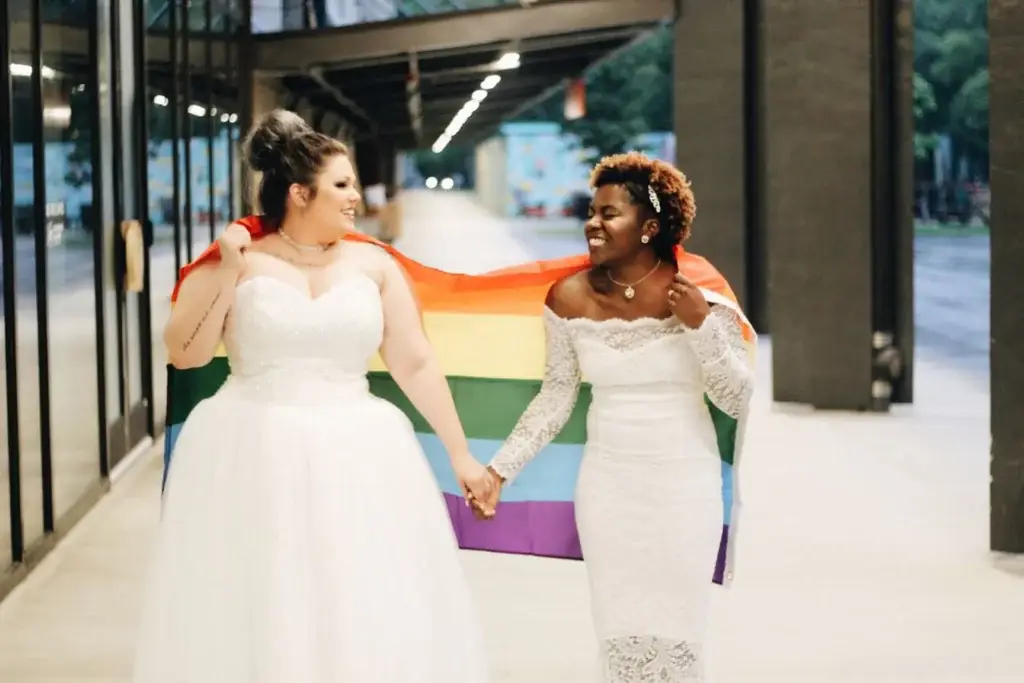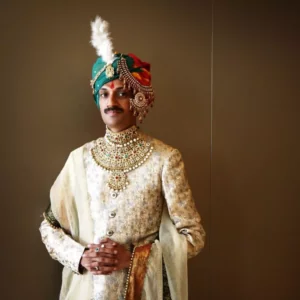Dating may be difficult, particularly when one or both partners are secretive about their sexual orientation or gender identity. This can happen for a variety of reasons, and everyone should make their own decisions about when and if they want to come out, as it is a personal choice and right to privacy.
Open and honest communication is essential in any relationship. This includes talking about your preferences, boundaries, and obligations. It is even more vital for LGBTQ+ individuals who are not out to ensure that both partners are on the same page.
You are not required to explain your choices to anyone if you are not out, however expressing your situation with your new partner may help them understand you better if you feel comfortable doing so.
Boundaries and Communication:
Here are some points to discuss/consider in queer relationships:
- Talk about the labels that each partner uses to describe their sexual orientation and gender identity.
- Decide who is aware of your sexual orientation and/or gender identity.
- Decide who can and cannot learn about your sexual orientation or gender identity.
- Establish guidelines for displaying relationship status and couple photos on social media.
- Decide whether to display relationship photos at work and how to introduce each other to others.

- Identify safe places where you and your partner can go out in public as a pair.
- Talk about how to act in public and what to do if someone you know notices you in a queer context.
- Consider having a code word or phrase to use when you are feeling uncomfortable or vulnerable.
- Relationship aspirations: Discuss your relationship’s future and your aspirations as a couple.
- Keeping Secrets: Evaluate your level of comfort with keeping the relationship a secret.
- Determine how long you’re willing to keep the relationship hidden.
- Dealbreakers: Discuss the level of seriousness necessary for the not-out status to be a dealbreaker.
- Self-Care: Explore self-care activities and affirmations that reinforce the relationship’s importance and validity.
Ultimately, being in a relationship, regardless of being in the closet, should involve ongoing communication and respect for each other’s boundaries and choices.
Read More: Living and Loving With HIV: Stories of Love in the Lives of People with HIV
Respecting Privacy and Coming Out
It’s perfectly fine if you don’t feel comfortable dating someone who is inside the closet, but it’s critical that you’re honest about it with possible partners and don’t enter a relationship with the intention of changing their view or “saving” someone. Whatever the reason is for someone not coming out to the world, or to any one individual, it is their choice, and the only healthy option is to respect it.

When you’re dating inside the closet, if, when, and how your partner decides to come out is something we have no right to decide for them.
It’s theirs alone, just like their sexual orientation or gender identity, and they have the freedom to divulge it when and if they choose to.
And we can understand why someone would choose to conceal their identity because, one again, we’ve been there and done that. Outing someone might result in the loss of a family, a job, or even their life.
We can be certain of one thing: no matter how conservative and religious our origins were, or how difficult life was for out LGBTQIA+ persons where we lived, someone has it worse.
Love Beyond Acknowledgment
Love, unlike the popular Frozen song, is not always an open door.
The sensations we share, the intimacy we establish, the love we foster, and the life we’re creating together are at the heart of our relationships. That mutual regard and appreciation, that sweetness and safety, will all be there whether or not your partner comes out.
Read More: A small town boy from Jabalpur to the First Queer Indian to host a BBC podcast!
What is truly more important?

Is it your connection or is it the acknowledgement?
We are aware of the desire to downplay what cannot be expressed.
To take that step, you must have a certain amount of strength, maturity, and courage. Coming out is something we do virtually every day, if you think about it. We find ourselves sharing that aspect of our identity over and over again, whether at work or while meeting new people.
Hopefully, there will come a time when same-sex partnerships will be so common that we won’t have to put up with that shocked expression that says, “Oh, I’d never tell”!



